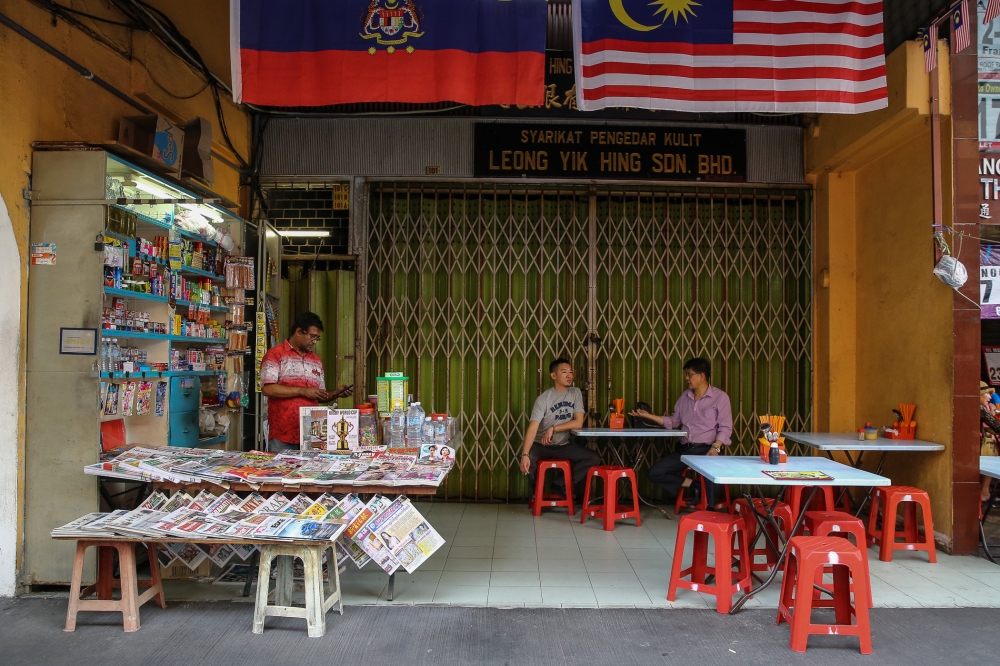JULY 29 — “With social media comes the need for a social licence and a social responsibility.”
One would have thought that the statement is said by Fahmi Fadzil, the Madani government spokesman and minister for communications.
But no, it was said by Australian Prime Minister Anthony Albanese, whose government has over time expressed concerns over the lack of regulation and oversight on social media platforms, which in turn have a significant impact on the content viewed by Australians.
In a move to address the unchecked influence of social media platforms, the Australian government announced in May that it would hold a parliamentary inquiry to look into the negative impacts of social media platforms, whose reach and control over what Australians see online, have been almost without scrutiny.
The Albanese government has been reported to have criticised social media platforms for not being quick enough to remove violent posts and seeks more oversight over content posted on Meta’s Facebook, ByteDance’s TikTok and Elon Musk-owned X.
“Across a range of issues, whether it be the issue of domestic violence, whether it be the radicalisation of our young people, across a range of areas, something that keeps popping up over and over again is the role of social media,” Albanese told reporters.
“(They) can be very positive but also can have a negative influence which is there.”

The Joint Select Committee on Social Media and Australian Society has since been appointed by resolution of the Senate on May 15 and resolution of the House of Representatives on May 16.
The Committee is due to present an interim report on or before August 15 and its final report on or before November 18.
To-date, the Committee has received 198 submissions — you read it right: 198 Australians, individuals and organisations.
Can’t we have the same here in Malaysia?
What say you, Malaysians?
* This is the personal opinion of the writer or publication and does not necessarily represent the views of Malay Mail.





















